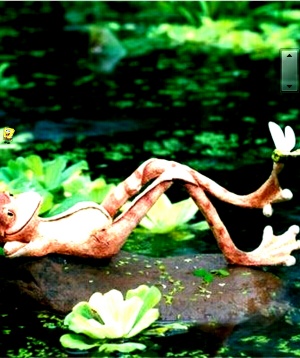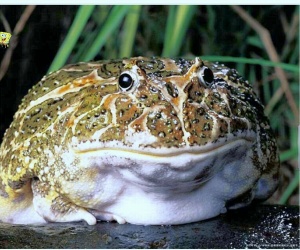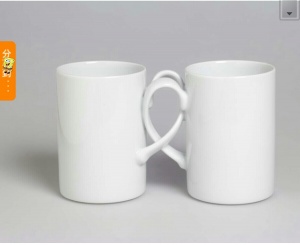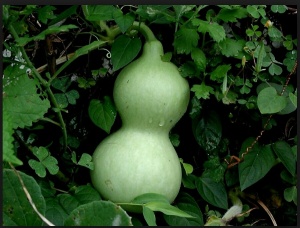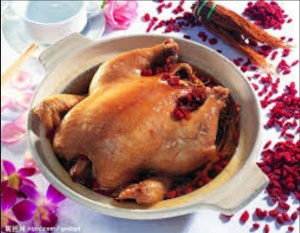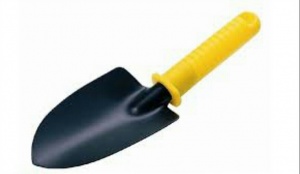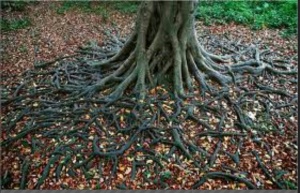英文/邱申晴
目錄
20140220
Dictation聽寫
One morning, Toad sat up in bed. “I have many things to do”, he said. “I will write them all down on the list so that I can remember them.” Toad wrote on a pieces of paper A tist of things to do today Then he wrote Wake up. Wake up. “I’ve done that,” said toad. And he crossed out Wake up. Then Toad wrote other things on the paper. Eat breakfast Get dress Go to Frog’s house Take walk with Frog Eat lunch Take nap Play games with Frog Eat supper Go to sleep “Blah,” said Toad. “Now my day is all really down.” He got out of the bed and had something to eat. Then toad crossed out Eat breakfast. Toad to a piece of clothes out of the cupboard and put them on. Then he crossed out Get dressed. Toad put the list in his pocket . He opened the door and walked out in the morning. Soon Toad was walk the Frog’s front door and he crossed out Go to frog house.
Find the picture through the Internet for each word below and make a sentence for it. Each sentence should be more than four words and don’t forget to write down its meaning in Chinese!
- frog(s)
- toad(s)
- porch(es)
- river(s)
- star(s)
- cup(s)
25 Feb. 2014
- Check up the following words and put them into your wiki, just as we did it last time.
- Word list
- blow( 原型/ 過去式/ 過去分詞/ 現在分詞/ 現在是第三人稱單數)
- blow- blew- blown-blowing- blows吹
- knock
- knock-knocked-knocked-knocking-knocks
- look (請寫動詞變化)
- look-looked-looked-looking-looks
- say(請寫動詞變化)
- say-said-said-saying-says
- take (請寫動詞變化)
- take-took-taken-taking-takes
- run (請寫動詞變化)
- run-ran-run-running-runs
- catch(請寫動詞變化)
- catch-caught-caught-catching-catches
- field (請寫名詞複數)
- field-fields
- hill (請寫名詞複數)
- hill-hells
- dark (請寫形容詞比較、最高級)
- dark-darker-darkest
- cry (請寫動詞變化)
- cry-cried-cried-crying-crys
- long (請寫形容詞比較、最高級)
- long-longer-longest
- Watch this video. Frog and Toad Together- A list- Part two
- Read it on your own.
Toad knocked at the door. “Hello,” said Frog.
“Look at my list of things to do,” said Toad.
“Oh,” said Frog, “that is very nice.”
Toad said, “My list tells me that we will go for a walk.”
“All right,” said Frog. “I am ready.”
Frog and Toad went on a long walk. Then Toad took the list from his pocket again.
He crossed out:
Take walk with Frog
Just then there was a strong wind. It blew the list
Out of Toad’s hand. The list blew high up into the air.
“Help!” cried Toad. “My list is blowing away.
What will I do without my list?”
“Hurry!” said Frog. “We will run and catch it.”
“No!” shouted Toad. “I cannot do that.”
“Why not?” asked Frog.
“Because,” wailed Toad, “running after my list in
not one of the things that I wrote on my list of things to do!”
Frog ran after the list. He ran over hills, and he ran over fields,
but the list blew on and on. At last Frog came back to Toad.
“I am sorry,” gasped Frog, “but I could not catch your list,”
“Blah,” said Toad.”I cannot remember any of the
things that were on my list of things to do. I will just
have to sit there and do nothing,” said Toad.
Toad sat and did nothing. Frog sat with him.
After a long time Frog said, “Toad, it is getting dark. We should be
going to sleep now.”
“Go to sleep!” shouted Toad. “That was the last
thing on my list!”
Toad wrote on the ground with a stick: Go to sleep.
Then he crossed out: Go to sleep.
“There,” said Toad. “Now my day is all crossed out!”
“I am glad,” said Frog.
Then Frog and Toad went right to sleep.
Word list to study
- Please cope the word list below and look up the dictionary to see what they mean.
- There are four things you need to do in this section:
- Write down the Chinese meaning of each word you check, some words may have more than one meaning. You can just write one of them.
- Give the word a picture if it is neeeded.
- Make a sentence in English for each word.
- Translate (翻譯) the sentence into Chinese.
- behind後面
- Julia is behind Tiffany.
- Julia在Tiffany的後面
- both雙方
- Both teams have good achievement
- 兩個隊都有好的成績
- calabash 葫蘆(要圖照)
- carried提、拿
- My mother carried a bag yesterday
- 我媽媽昨天拿了一個包包
- delicious可口的、美味的
- This pizzy is so delicious
- 披薩很美味
- dug挖
- My mother go to beech dug sand with me.
- 我媽媽帶我去沙灘挖沙。
- found發現
- I found a cat.
- 我發現那一隻貓
- gobble 狼吞虎嚥的吃
- I gobble all of the dinner because l so hungry.
- 我狼吞虎嚥的吃晚餐,因為我很餓
- peeled削皮、剝皮
- The banana needed to be peeled.
- 香蕉必需剝皮
- piece碎塊
- She broke off a piece of chocolate and gave it to me .
- 她剝下一個巧克力給我
- sailing航海術
- This skipper's sailing is good
- 這個船長的航海術很好
- sdewed chicken 燉鴨(要圖照)
- spade鏟子 (要圖照)
- thought想
- l though about homework yesterday.
- 我昨天在想關於回家功課
- tree root 樹根(要圖照)
